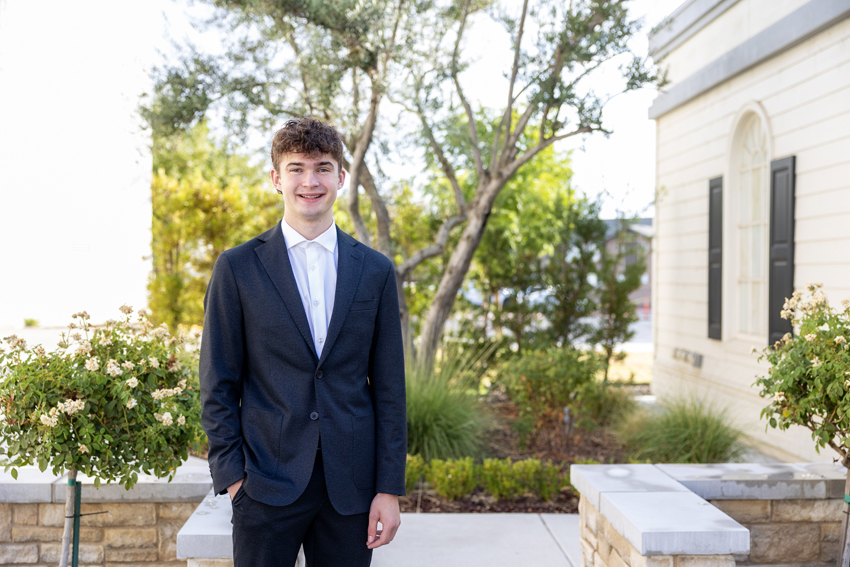For the last 50 years, children across the nation have been taught Darwin?s theories on evolution and natural selection as the leading evidence for life’s origins.
Those in opposition of this theory are growing rapidly; more parents want their children exposed to each side of this controversial uncertainty than ever before.
As a result, a significant question lingers in the minds of our educational authorities. How can a scientifically improvable hypothesis, concerned with the foundations of life itself, continue to be taught from such a biased standpoint, even when others theories of origins exist?
?In the public school system, evolution is a major component of biology as a subject, David McEntee, chemistry teacher, said.? It is the framework of the class and therefore must be portrayed as the truth, regardless of its lack of proof.?
On the contrary, many science teachers are protesting that an attempt to incorporate Intelligent Design into their classes will produce more problems than a tunnel-visional curriculum would.
Yet if Intelligent Design is to be taught alongside evolution, who or what is to be considered the designer? With so many religions, each settled on a distinctive understanding of how the creator should be recognized, it seems impossible that an ?unbiased? designer theory can exist.
Albert Einstein once said ?I don?t want to know how God created this world . . . I want to understand his thoughts, the rest are just details. Science without religion is lame, and religion without science is blind.?
To believe that creation occurred in the absence of God is to accept that our lives hold no particular meaning and that our existence is only by chance. So for those people who are unwilling to accept this proposal, their question should be ?Why were we created,? instead of ?How??
Everyone wants a purpose for their existence; usually people will seek one out or make one up. Often times we hear ?look inside? as a means of finding it out, but when I look inside I don?t like what I see. I didn?t create myself, and how can the creation know his purpose without asking the creator?
Fundamentally, both religion and scientific theory require a certain quantity of faith; so eventually it is the responsibility of every individual to chose how their own faith will be lived out.






